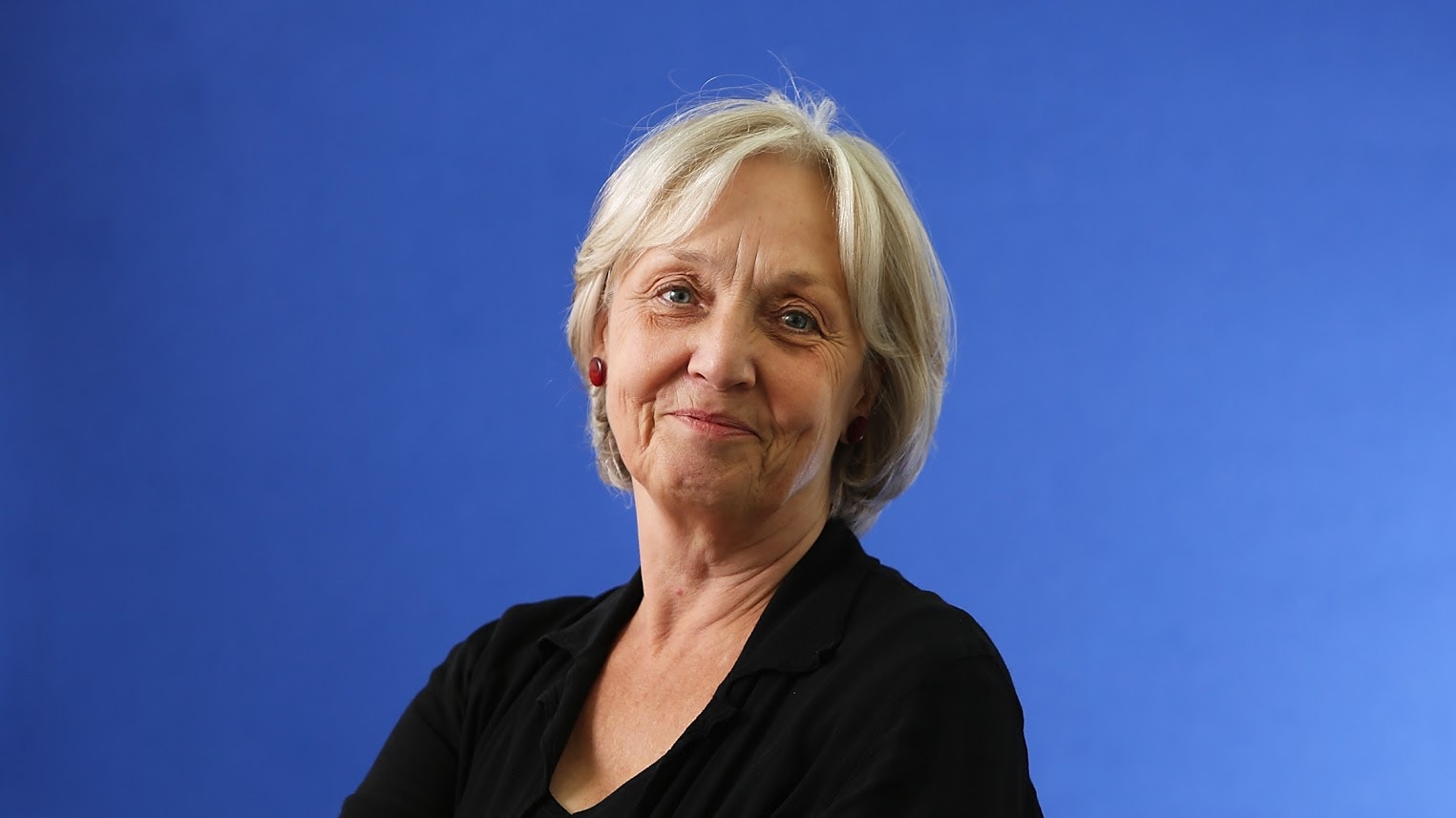
Guest Editorial 235: March 2019
2019 sees celebrations for 20 years of the Waterstones Children’s Laureate. Anne Fine, reviews her time as Laureate number 2, and the lasting changes brought about by the post.
When the idea of a Children’s Laureate was first put forward, I wasn’t at all keen. I’ve always thought far too much attention is paid to the personality of the author, and not nearly enough to the work itself. At the time, I was getting lots of class projects sent in by children. ‘We done a topic on you. Here it is.’ I’d read it through. They knew my favourite colour was yellow, my favourite food was toasted cheese, my favourite word was ‘silver’. But there’d be no mention of any of the books at all. I thought the Laureateship would only make things worse.
But when I was invited onto the first shortlist of three, I had a long think about the opportunities the role would offer. I’d been worried about the miserable statistics showing how few books many children had in their homes. In some areas, the average was as low as three, and we all know that one of those would be The Bible or The Koran, another The Highway Code, and the third, How to Pass Your Driving Test.
On the bright side, the Labour Government was putting a huge amount of money into upgrading libraries. For the first time since Tory Minister Iain Sproat dared ask the shocking question, ‘Is there anything so special about reading that it should be made publicly available without charge?’ libraries themselves did not seem so much under threat. Talk of encouraging children to start their own ‘Home Libraries’ would not be seen as the dangerous Trojan Horse it would have been in previous years (and would again be now!)
I had a plan, and knew if I were Laureate, I could get it done. I’d always loved bookplates, and wanted a website of brilliantly designed modern book plates anyone could freely download. ‘Make a cheap charity shop book new to you. Stick one of our bookplates over the last owner’s name and put it in your own growing home library.’
The second time round, I took the job, and with the generosity of scores of our finest illustrators, and the unflagging help of the wonderful Lois Beeson, got started on www.myhomelibrary.org
Lois and I wanted to include all readers in the system, so met Marion Ripley, of ClearVisionProject.org – a lending library for blind and visually impaired children. She had a plan to interleave transparent brailled text pages into picture books for blind parents to share with sighted children, and vice versa. The only thing stopping her was lack of loot. I dunned £5000 each off Jacqueline Wilson, J K Rowling, Terry Pratchett, Philip Pullman and myself. Her project was off the starting blocks, and I got to visit two high security jails, Gartree and Long Lartin, to thank the men in their brailling units.
It was an exhausting two years. Everyone wanted the Laureate to give major talks, keynote addresses, annual lectures. Depressed by how many children I met over the years who’d only ever been introduced to easy-peasy doggerel, but no actual poetry, I also put together three anthologies of classic but accessible poems for different age groups: A Shame To Miss 1, 2 & 3. Lois became mortally ill halfway through my term of office, and the other layers of protection for the Laureate had yet to be put in place. During the whole two years I never wrote a single word of fiction, and though I drove to many events, my accountant still actually phoned, dead embarrassed, to query whether I could possibly have been on all the train journeys for which I was claiming expenses.
I’m proud that my projects are still going strong (although the poetry books are, sadly, out of print) and I’ve watched the subsequent laureates with interest to see how their own various interests and passions have coloured their active two years.
Indeed, I think that’s the strength of the Laureateship, and the reason why people still believe it’s a splendid idea, and other countries have begun to copy it. Just as, if you look at the professional work of the ten Laureates so far, their differences in nature and approach are startling, the same can be said of their periods in office – how they used their short term influence, what impassioned them and what they chose to do with their time.
So over the years up to this special twentieth anniversary, I’ve lost pretty well all the reservations I started with about the role of Children’s Laureate. Mostly, I look forward to seeing how the opportunities it offers are seized by the next Laureate – and the next – and the next.
Anne Fine was Children’s Laureate from 2001 – 2003.




